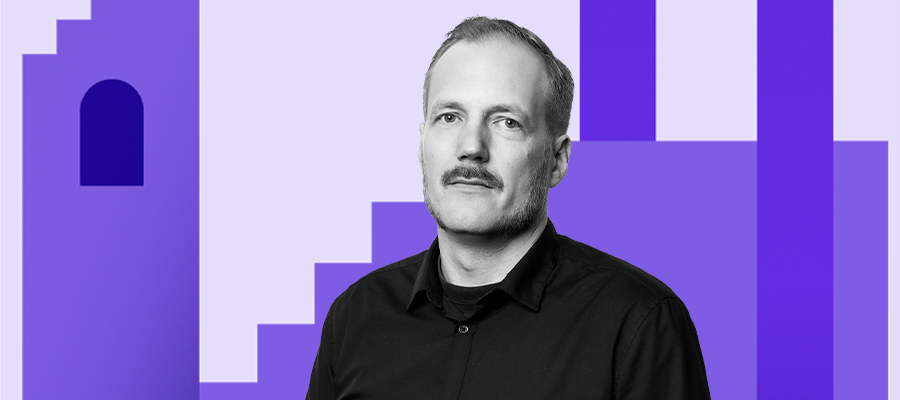Tampere IAS Fellow Olli Herranen
A Finnish sociologist with a strong social theory orientation and a current interest in the general aspects of climate change denialism and author of the book “The Invisible Order”.
On Climate Change Denialism and Public Debate
Some time ago, I presented some well-established findings from an international research literature in an interview. Posting the interview on my personal X account resulted in several encouraging comments and likes, but also an attack on the topic and my personality. I received some rather unflattering diagnoses of my mental health and intelligence. What was striking was that the mere public reporting of international research findings led some people to publicly question my sanity and ability to reason.
It may seem hard to believe that simply stating a few scientific facts could provoke such reactions, but this was not just any phenomenon. The interview was about climate change denialism. The term refers to the unfounded questioning or outright denial of the findings of climate science, in practice human-induced climate change.
The origins of climate denialism lie primarily in the U.S. fossil fuel industry, which for decades has systematically funded conservative think tanks, media, and politicians who have exaggerated the uncertainties of climate science. While there is a similar type of climate denialism in Sweden as in the US – i.e. think tanks funded by the extractive industries that deliberately try to distort the results of climate science to influence public opinion on the issue – in Finland the rise of visible climate denialism seems to be more linked to parliamentary politics, especially to that of the Finns Party.
This seemed to be the reason for the outrage on social media: the phenomenon is linked not only to economic interests, but also to partisan politics and thus to cultural values, where it merges with all the other difficult issues.
This raises the question of whether climate deniers really don’t believe in the climate crisis, or whether they know it’s real but ignore it because they benefit from downplaying the problem. Research suggests both. Many fossil fuel companies have known about climate change and their role in it for decades, but they have cynically protected their financial interests by spreading misinformation. So-called ordinary people, on the other hand, may have genuine scientific doubts because, for example, the internet is full of this misinformation that feeds people’s insecurities.
My experience shows how obsessive and highly emotional the debate on certain issues can be. The reception can be aggressive and unpleasant. Unfortunately, there is no clear antidote. However, it is important to recognize that the reaction is not necessarily about the message itself or the personality of the researcher, but rather a somewhat automatic reaction to protect something that is strongly linked to people’s identity and worldview.
We must not forget that there are also important economic and political interests at stake. The criticism should be directed towards those who unashamedly advance their own interests at the expense of the coming generations. Corporations should be held accountable for deliberately spreading denial. In addition, people’s concerns and fears about their own lives and about climate change should be taken seriously. They should not be blamed for their past choices, but encouraged to take climate change seriously without unnecessary humiliation.
Stopping climate change will require action at all levels. The most important thing is to build democratic coalitions with the power and will to advance climate legislation and action.

